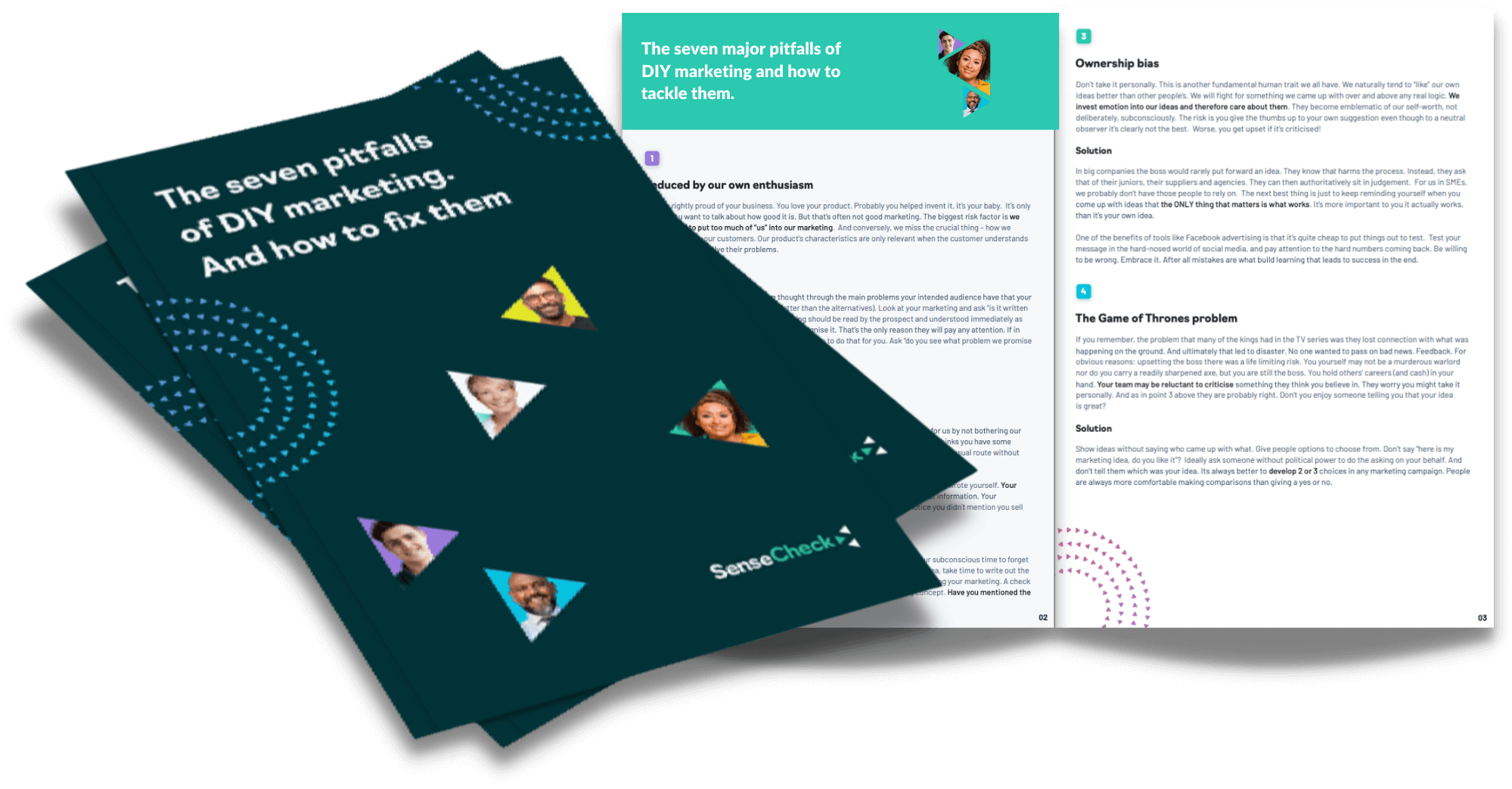Let’s face it – marketing is a tricky business. It’s expensive, but hard to measure. With budgets being squeezed more than ever, marketers and businesses are under immense pressure to wring every drop of value out of the campaigns they run, while ensuring a good return on investment. And to be honest, it can be very subjective, is it not?
Your marketing strategy can make or break your business, and with so many marketing campaigns sadly failing to deliver value for businesses, it’s clear how risky this crucial investment can be.
Continuing to invest in marketing activities that are not pulling their weight is essentially throwing good money after bad, so it’s essential to know if your marketing initiatives are generating a positive “return on investment” (ROI). Below, we explore five ways you can start increasing ROI on your campaigns this year.
Get clear on your goals
While the over-arching goal of any marketing activity is to provide a good ROI, it’s useful to get specific with what you want any particular campaign to achieve. Setting clear goals early on is far more helpful to your strategy than nebulously stating you want to increase ROI.
Consider what you want to achieve with a campaign. Perhaps you’re looking to raise brand awareness, or drive more organic traffic to your website, or maybe reduce your customer acquisition costs or something else entirely. Without identifying these sub-goals, you cannot effectively track and measure how successful your marketing campaign is, and whether it really is providing a good ROI as aligned with your other goals.
Do pay attention to time scales. Many marketing goals are longer term in nature. Others not. For example, don’t expect to be able to judge brand building work in weeks. Conversely don’t wait months to find out if a promotional tactic is working. And in all cases its important to find a low cost way to “test and learn”
Fielding feedback
It goes without saying that market research can be incredibly valuable as a way to reduce marketing risk. However, for many small businesses, notably B2B brands within specific niches, carrying out regular, research can be costly, difficult or impossible. Despite this, soliciting external feedback on your campaigns is vital to knowing whether they are likely to be effective.
External objective eyes matter because it can be difficult for businesses and marketing teams to step outside of their bubble and see their campaigns as their intended audiences will do. The reality is that enthusiasm for your own product or service can often cloud your judgement on communications, leaving you with campaigns that are not as effective as they otherwise could be. Honestly, you can’t read the label from inside the jar.
Seeking out external, qualified points of view from others in and outside of your industry can provide an invaluable different perspective on where your campaigns might be going wrong, and what you can do to improve them.
Define your audience
A scattergun approach to marketing is ineffective. It’s not simply about getting your campaign in front of as many people as possible (although for sure, quantity matters), but rather getting it in front of the right people (at the right time) – those in the market for your product whether now or potentially in the future.
A 2023 study from the Association of National Advertisers found that the average marketing campaign ran on 44,000 websites – yet 86% of all impressions from those campaigns came from just 3000 websites. The right place for a message can vastly increase its impact.
When marketing budgets are tight – as they often are – precision targeting your audience segments with campaigns on relevant and trusted websites ensures spend is only going towards sites that deliver. Not only will this ultimately provide a better return on your investment, but will enable you to target various audience segments with greater precision and relevancy.
Think more and spend less
Effective marketing is a game changer for growth, but for many businesses dealing with limited time and resources, knowing where to place your marketing and advertising spend is vital to getting a good return on your activities and budget.
While technology has enabled marketers to have access to mass amounts of data and analytics, many still neglect to track the most relevant data points – and it’s these that should be informing where budget is allocated. You risk a wood-from-trees problem.
Social media likes or landing page views may be nice, but if they aren’t contributing to conversions or other more important goals, they should not be a priority for your marketing budget. Identifying and tracking the metrics that really matter, such as real cash terms lifetime customer value or your conversion rates (converting from first interaction to actual purchase), not only help you recognise the channels you should be investing in but also guides how much you should be willing to invest.
On-point messaging
Creating relevant, authentic messaging for your campaigns is key to developing a solid brand voice, driving engagement and crucially, converting your audience into paying customers.
Take the example of email marketing, which offers one of the highest ROI of all digital channels. The average “cold” email open rate, however, sits at around 21%, meaning your email strategy and messaging must be able to cut through the clutter of your target customer’s inbox. Even to get opened is a challenge and that’s before you get read.
Once you grab eyeballs, your messaging needs to be able to meet your audience where they are in the buying process, address their pain points and position your offering as the ideal solution. Briefly!
The process of creating this kind of effective messaging is often an iterative one, so gaining multiple perspectives and feedback on its efficacy is important. Variations in wording can change results by as much as 10X. As mentioned above, the biggest risk is you write too much from your insider perspective and this doesn’t resonate with your prospects. You may assume too much knowledge, or use terms that make sense to you but nothing to the reader.
Final thoughts
Effective marketing is not simply a question of pouring more budget into your campaigns and hoping for the best. Working smarter, not harder, is always the key. This means setting realistic goals, tracking the right metrics to measure campaign ROI, and most importantly, gaining quality feedback, testing and iterating accordingly.






